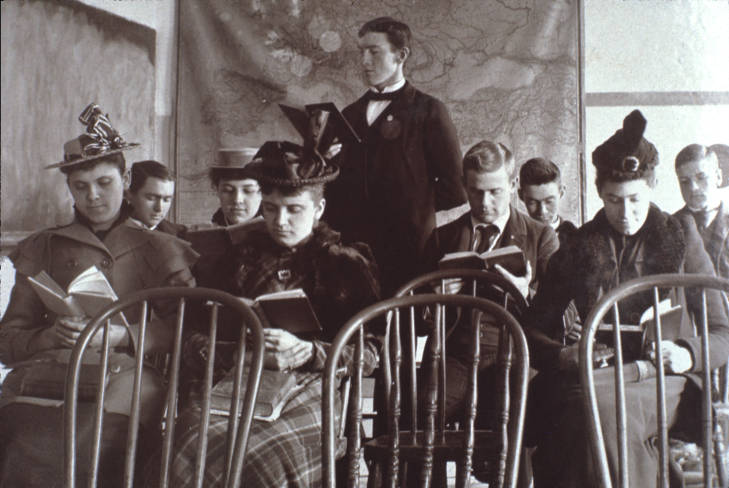Power Your Job Search with Google Tools, a virtual workshop for staff and patrons
WI DPI is partnering with Grow with Google and the American Library Association to help our communities learn digital skills, with a virtual workshop on Tuesday, November 10, 9:00 – 10:00 AM.
A Grow with Google trainer will teach your patrons and library staff to discover new job opportunities using Google Search, and learn how to organize and enhance the job search experience using Google Workspace tools.
In this session we’ll discuss best practices for:
- Discovering career opportunities using Job Search on Google
- Using Google Sheets to track the progress of job applications
- Creating a resume using Google Docs
REGISTER:
- g.co/Grow/Wisconsin
- A Google meet link will be provided upon registration.
Again, this workshop is for patrons and staff alike. Please share this learning opportunity in your community and in your library using these ready-to-go marketing items, including a flyer and social media images and messaging.
About Grow with Google:
Grow with Google helps ensure that the opportunities created by technology are available to everyone. Since launching in 2017, we’ve trained more than three million Americans on digital skills. And through a network of more than 5,000 partner organizations–including local libraries, schools, and nonprofits–more people across the country can reach their full potential. To learn more about Grow with Google partners and the available tools and resources, visit google.com/grow.
